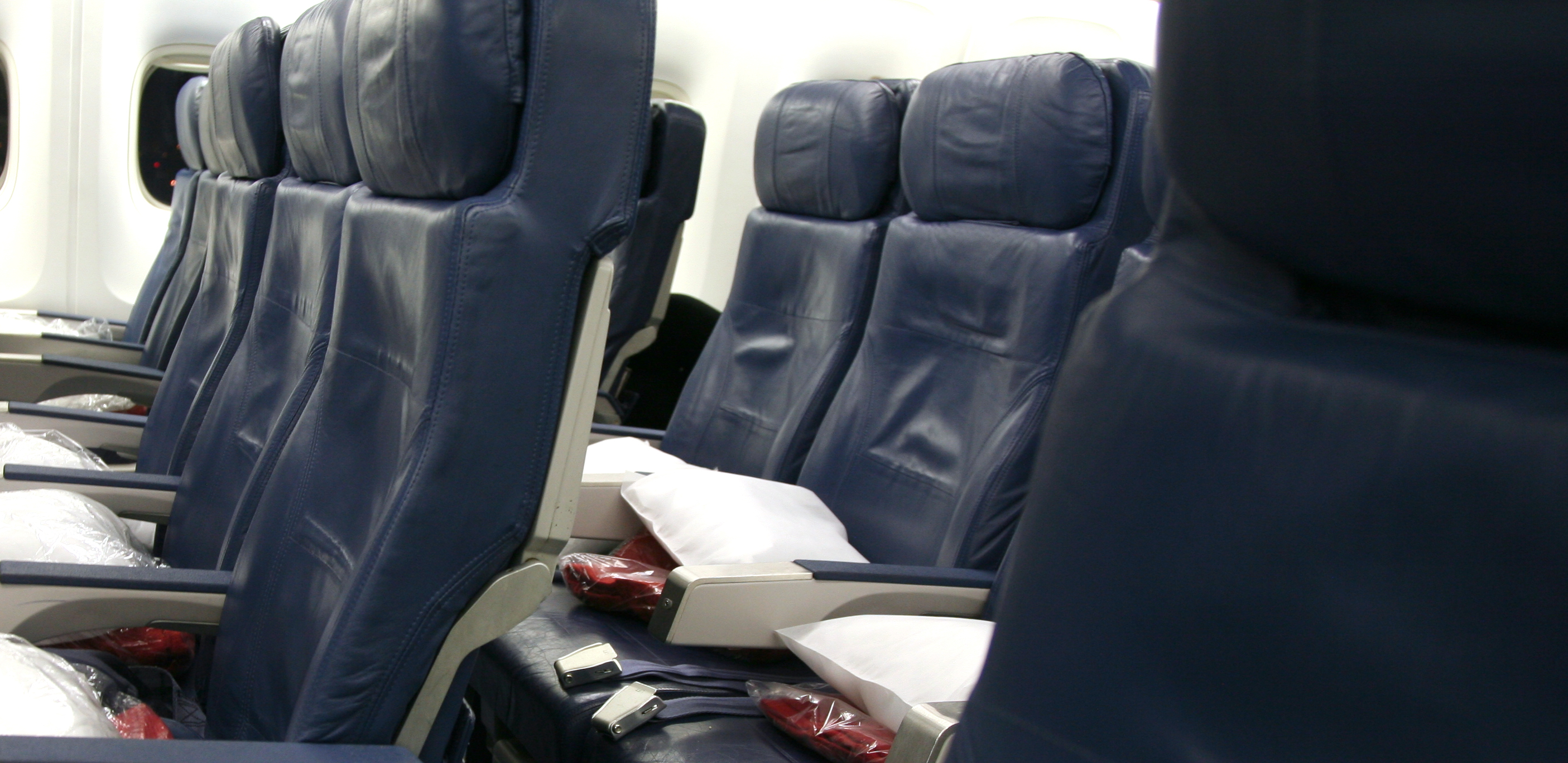Will the New TSA Scanners Will See Too Much?

The TSA is seeking new and more efficient ways to screen passengers making their way through the nation’s airports. But its latest screening initiative – which features incredibly sensitive camera technology – might pose a risk to passenger privacy and ultimately, to the TSA’s drive for efficiency according to Quartz. ThruVision, the company that makes the scanners, disagrees.
In an effort to fix one problem, Quartz reports, it appears that the Transportation Security Administration (TSA) may have encountered another. The outlet states that a screening system that is intended to hasten the screening process – an initiative referred to as the TSA’s “Future Lane Experience” or “FLEx” – is too sensitive, something that poses a risk to passenger privacy.
The pitfalls of the technology behind the system have been made clear in a document seen by the outlet. Essentially, the camera used as part of the screening system exposes passengers to “privacy risks.” In the text of the contracting document – which has been shared by the outlet – the name of the vendor has been redacted, but the outlet states that the name of the vendor has been separately identified as a company called ThruVision.
The technology used by ThruVision is powerful, with the outlet stating that the system is a “people-screening camera that sees any type of item—including metal, plastic, ceramic, gel, liquid, powder and paper—hidden in peoples’ clothing at distances of 3 to 10m.” This distance equates to between around ten and 32 feet in distance. It is believed that this screening system doesn’t have any kind of “privacy filters.”
Putting the problem into context, Jay Stanley, a policy analyst with the American Civil Liberties Union (ACLU), says, “The higher the resolution of the screen, the worse it is. It could be genitalia, it could be a colostomy bag.”
The vendor is apparently working on a software patch in an attempt to mitigate the issue, but without any kind of fix, the TSA would be unable to thoroughly trial both this technology and undertake its FLEx initiative.
UPDATE: A representative for ThruVision reached us to us via e-mail disputing the ACLU’s position. They assert that the ACLU is misrepresenting their technology, which only sees a “green ghost” much like the image pictured above. “Thruvision security screening equipment has been deployed internationally for years because of the tremendous privacy and safety benefit of its passive terahertz technology,” said Kevin Gramer, Vice President of Thruvision, Americas. “Our technology is now a candidate for use at US airports specifically because of those benefits. Thruvision provides fast, safe and respectful screening for all travelers including women, children, men, the elderly, mobility challenged, and transgender individuals. Our aim is to reduce queues and remove the need for physical searches in US airports and we look forward to working with TSA to help achieve this.”
[Image Source: Twitter/ @thruvision]























@m44 - I can assure you that I do not have a mental disability but thank you for your concern. I would be happy to expand on terrahertz imaging but the important fact is that the technology is "passive" i.e. uses no energetic emissions - was this not the concern of @Dublin_rfk? My other comments simply point out that there are many sources of radiation. I could expand the list; bananas, human beings, the sun! Radiation is part of everyday life. It is nothing to be afraid of "if" one arms themselves with a little knowledge and understands when to avoid exposure.
@LimeySD - please stop your unhelpful trolling. Your comment displays more about you and it is not pretty. If you wanted to smart out like reasonable person you could have suggested that the airplane designs should provide some shielding if technically possible. But you did not - you elected to troll. It could be that your mental disability is has been caused by that extra radiation and a tumor makes you troll. I am sorry for you anyway. @Dublin_rfk comment about added radiation is valid. The government or anybody must be prohibited from increasing our exposure to radiation. How TruVision works - we need ot learn.
The ThruVision camera is passive. If any radiation is too much then stop flying, put down the cell phone, turn off the monitor...
I fly between two and four times a week 40+ weeks a year and any radiation is too much and I much prefer the 'hands on' method of screening. The tsa (and government) still claim that today's body scanners don't use radiation. Why would I believe they can fix this 'feature'?